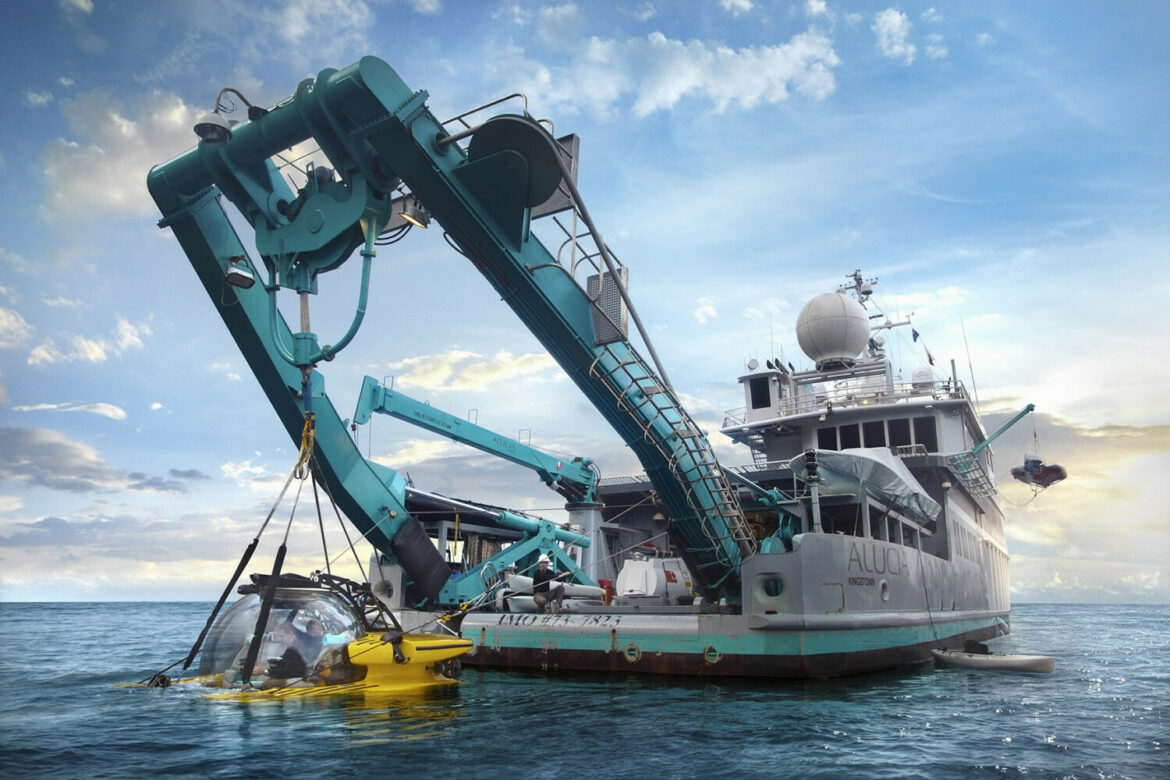Poland is one of three countries (along with France and Russia) that have been granted a licence by the International Seabed Authority (an agency of the United Nations) to explore for raw materials in the Atlantic Ocean. The section assigned to Poland for exploration runs along the northern part of the mid-Atlantic oceanic ridge.
“We had to justify, on the basis of previous scientific research, that there could indeed be metal deposits in the designated region. But we also had to provide a detailed exploration plan that explained what equipment we would use – and the environmental consequences. The priority issue is to respect the unique fauna and flora in areas where hot hydrothermal waters rise to the surface of the ocean floor”, says Dr Jakub Ciążela, a marine geologist from the Institute of Geological Sciences of the Polish Academy of Sciences (PAN).
Polish scientists have managed to select seven sites for more detailed exploration and have uncovered two completely new sites that are promising for the presence of metals.
“We are focusing on the search for polymetallic sulphide deposits. Those shiny minerals, often with a distinctive golden colour, are an important source of copper, gold, zinc, and lead. The oceans will be a source of metals in the future, once the fossil resources on land are exhausted”, assesses Dr Ciążela.
Apart from economic profit, which is the main driver of investment in the development of offshore mining, scientific expeditions will be a source of knowledge about the Earth’s geology.
“The whole scientific world is strongly interested in the place where tectonic plates diverge in the middle of the ocean; it is the most interesting from the geological point of view. By the way, it is also an extremely valuable field of research for biologists. Polish scientists are becoming an important partner for scientific cooperation”, notes the PAN geologist.
Arkadiusz Słomczyński





